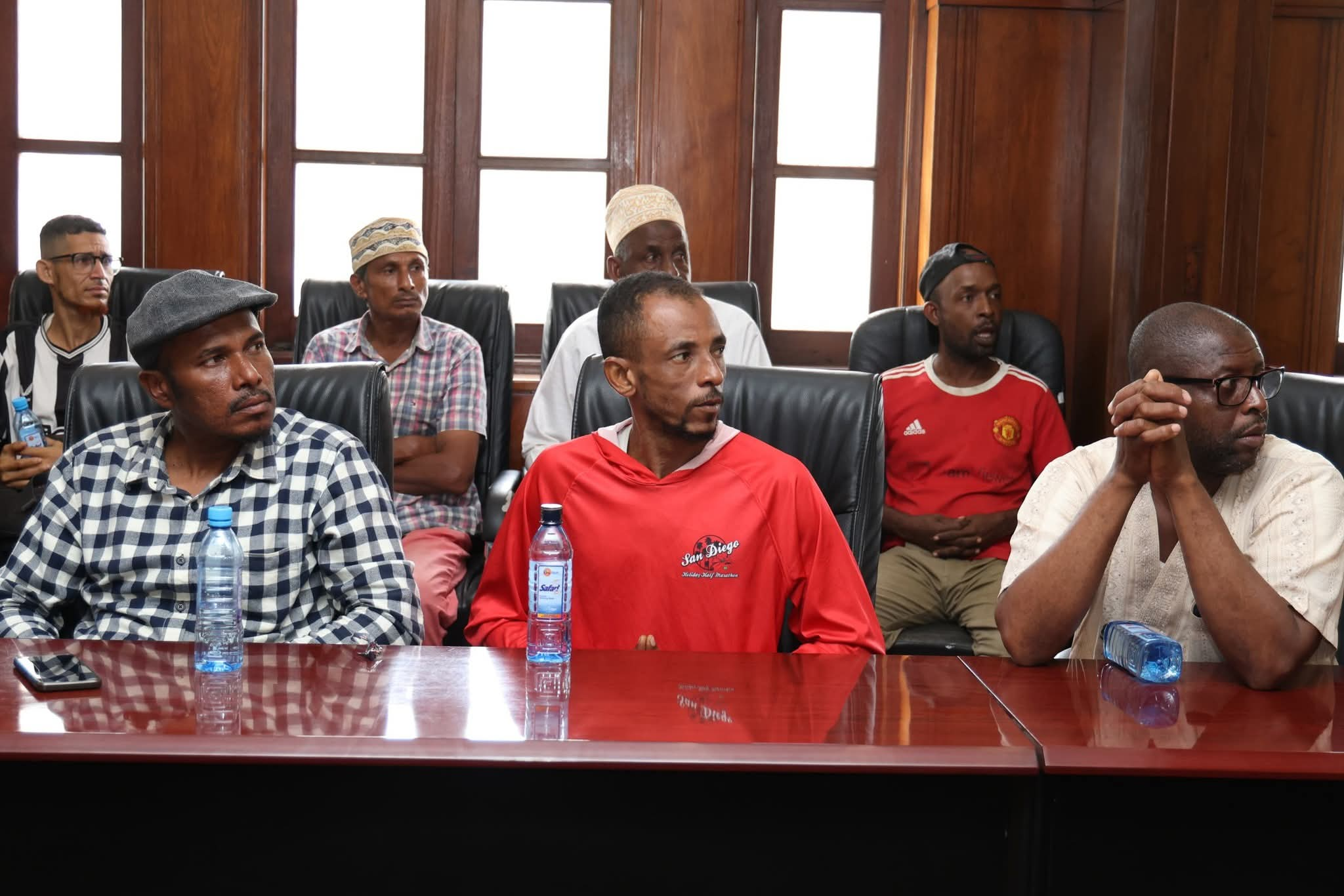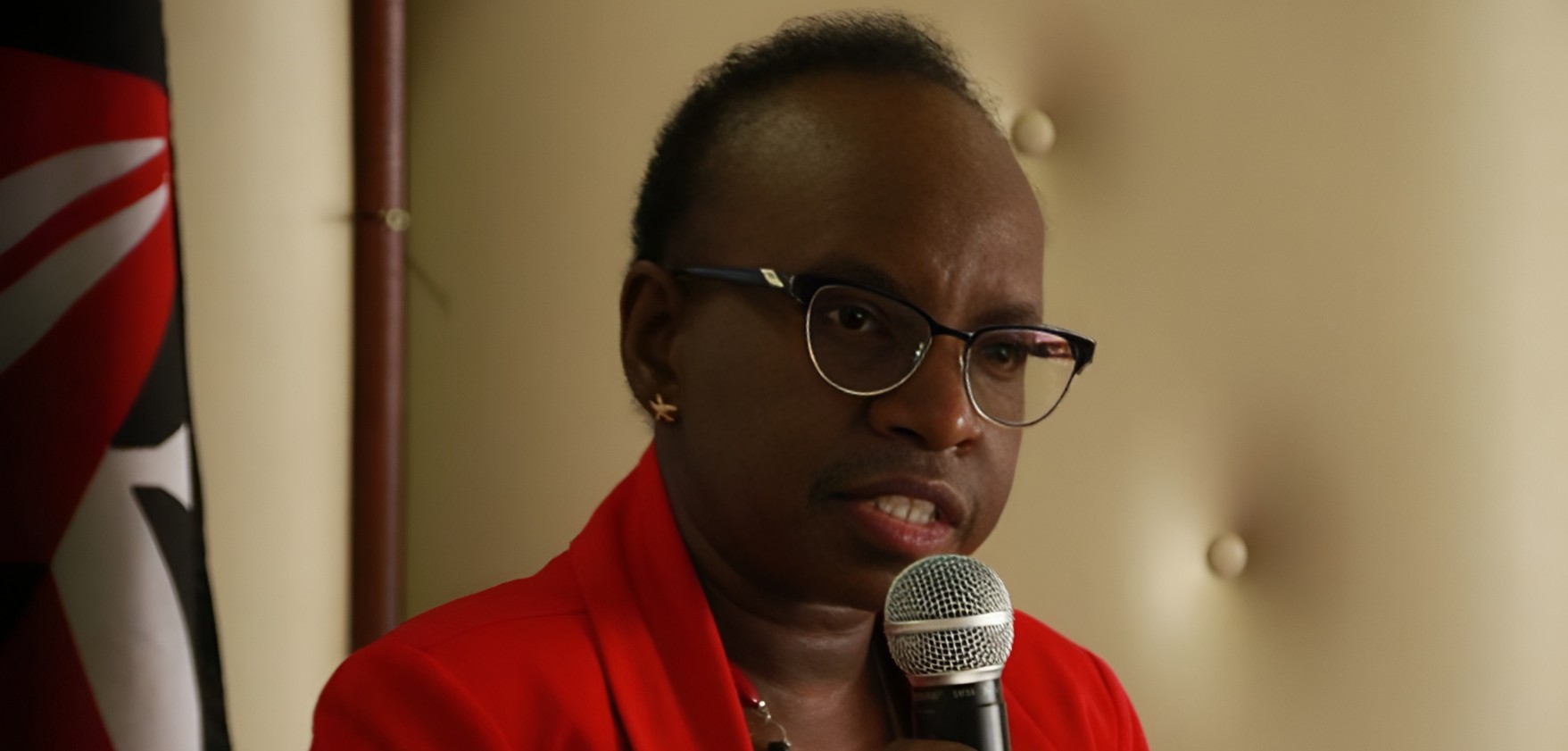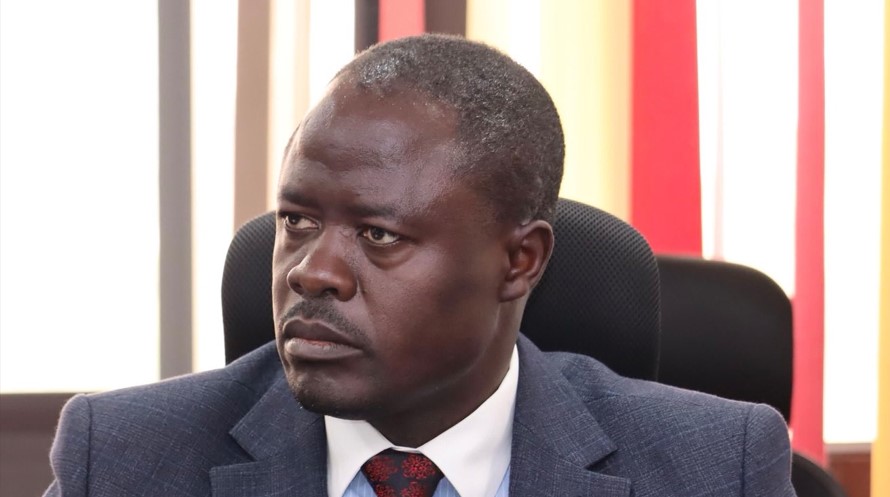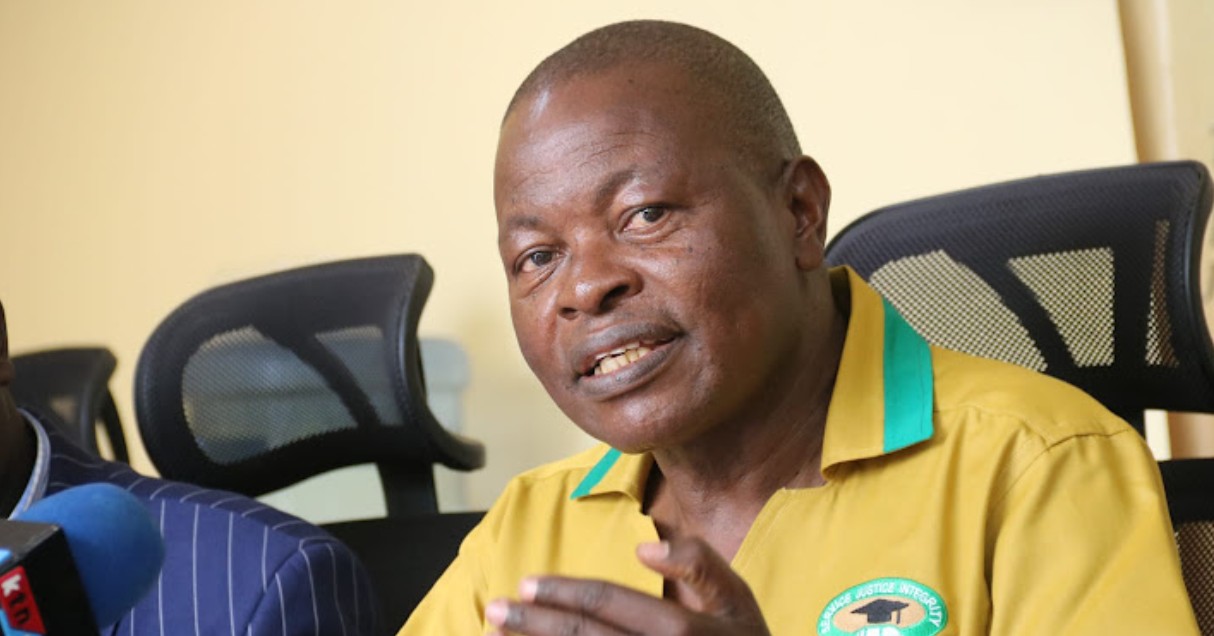Taxpayers lose billions to ghost students due to lack of tracking system
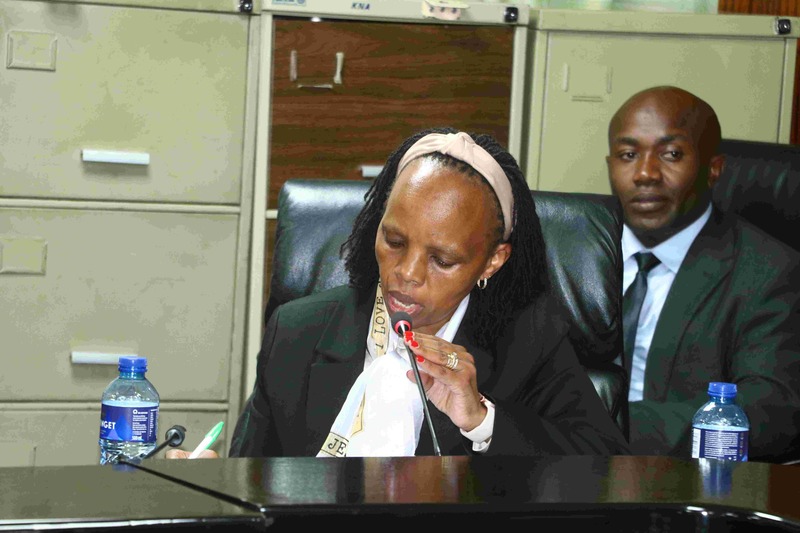
The gap has enabled universities to inflate enrollment figures, leading to government funds being directed to students who have either dropped out or passed away, costing taxpayers billions.
Details have emerged that education funding agencies, including the Kenya Universities and Colleges Central Placement Service (KUCCPS) and the Higher Education Loans Board (HELB), lack a centralised system to track students once they are placed in institutions.
The gap has enabled universities to inflate enrollment figures, leading to government funds being directed to students who have either dropped out or passed away, costing taxpayers billions.
More To Read
- Education CS Julius Ogamba defends 40 per cent varsity fee cut, cites higher enrolment
- HELB offers 80 per cent penalty waiver to loan defaulters in new recovery push
- HELB disbursements to begin August 15 after Sh5 billion funding boost
- 2024 KCSE learners urged to explore TVET as alternative route to jobs, entrepreneurship
- Audit exposes gaps in university funding, shows how deserving students miss out
- KMTC results released, applicants urged to confirm KUCCPS placement
The revelation follows a recent report submitted to the National Assembly Public Investment Committee on Education and Governance, highlighting that these institutions have continued to receive funding based on outdated data.
KUCCPS Chief Executive Officer Mercy Wahome informed the committee that there is no legal mandate requiring universities to share timely updates on student enrollment with funding agencies.
“The requirement is not in the law, so if there is no goodwill, it will not happen. Under the current law, universities are not compelled to give KUCCPS the data. If we amend the act, we can ensure they are compelled to share timely data in cases of death or students dropping out,” Wahome said.
The lack of a centralised tracking system came under scrutiny after a report from the Office of the Auditor General exposed that Sh146.57 million was disbursed to ghost students in private universities in the last financial year.
During a committee session chaired by Embakasi West MP Mark Mwenje, lawmakers questioned why funding agencies had not established a digital system to address the issue.
“This issue of tracking students remains unresolved, and it’s costing us. How are funding agencies tracking students in higher institutions without a tracking system?” Mwenje posed.
Financial oversight
He pressed KUCCPS for answers on how it supports financial oversight without a tracking system, adding, “How are you helping the financial agencies as KUCCPS when you say you don’t have a tracking system? That’s why we’re seeing discrepancies in where the funds are going.”
Kiminini MP Kaikai Bissau expressed frustration with the lack of progress among education agencies in establishing a reliable system, given the scale of financial losses.
"It’s unfortunate that in this day and age, we don’t have a tracking system for student placement and funding. Given the scale of funding, it’s critical,” Bissau said.
Wahome explained that the absence of legal requirements has prevented the development of a more robust system for monitoring student data.
"The requirement is not in the law, and so if there’s no goodwill, it will not happen. We don’t have a software system, but we are working towards a model with tracking from the placement to the funding stage,” she added.
University Fund CEO Godfrey Monari disclosed that efforts to create a Higher Education Management Information System had been delayed after the Sh80 million allocated for the project was redirected to the Ministry of Information, Communication, and Technology.
"We don’t have software at the moment, but we had pushed for its establishment. The National Assembly had granted us Sh80 million, but this amount was later redirected to the Ministry of ICT,” Monari said.
The Auditor General’s report pointed to a substantial loss in public funds due to weak verification processes.
In the 2021/2022 Financial Year, nearly Sh1.2 billion was reportedly lost through unsupported capital grants to private universities, which accounted for only Sh2.1 billion of the Sh3.3 billion received, raising questions over the unverified balance.
Top Stories Today



